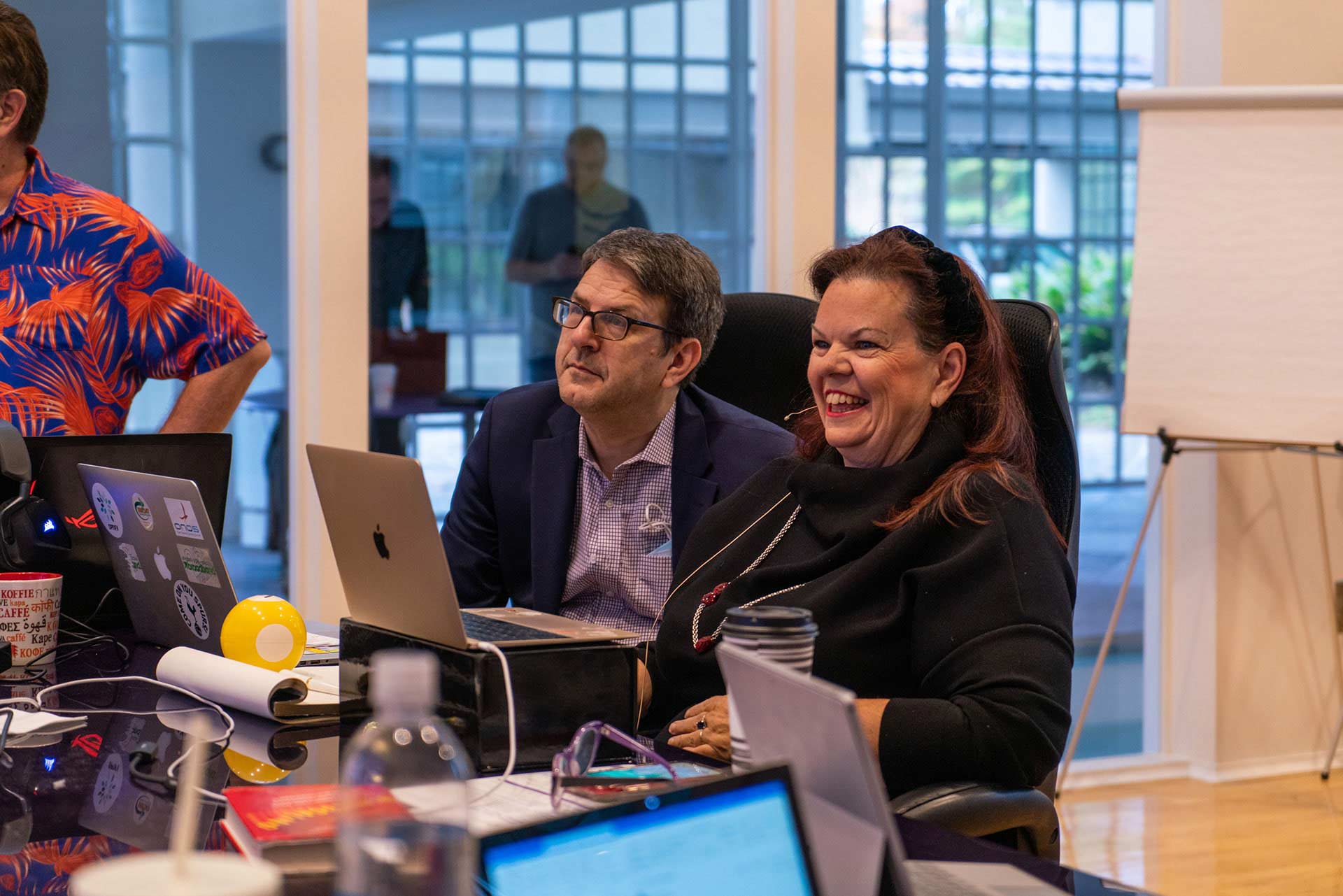

Advanced therapy manufacturers may need to use virtual reality to train plumbers in bioprocessing to head off an impending talent shortage. That’s the view of Tyler DeWitt, PhD, executive director of innovation at Virtuosi VR.
DeWitt, who spoke at Advanced Therapies Live last month, claims that the advanced therapies industry is seeing a “perfect storm” of troubling issues around recruiting talent, which are not being addressed enough.
“We have tremendous scaleup throughout the industry, including in investment and new drug applications over time,” he says. “Coupled to that, there’s a significant shortage of personnel who can carry out critical tasks to the point where it’s starting to be rate limiting.”
Advanced therapies are also complex to manufacture with lots of manual input, he explains, which means employee error can be expensive—or even fatal if a patient becomes too sick to donate cells for another manufacturing batch. These issues are not being tackled sufficiently to meet the growing needs of the advanced therapy industry, he maintains.
“I was recently at a gene and cell therapy conference where someone was saying they were going to hire 2,000 people before the end of 2023, and I wondered how they were going to summon up so many qualified people when there’s already a huge talent shortage,” points out DeWitt.
Although the industry is beginning to address the talent shortage, it’s happening over long timescales. “There are lots of discussions about setting up committees to liaise with program managers to create more [career] tracks for graduates,” he tells GEN. That’s good, but it will take 10–15 years because academia works at a slow pace.”
Training and employee development are also traditionally seen as the “black sheep” of the pharmaceutical industry, according to DeWitt, who adds that advanced therapy manufacturers need to find different ways to upscale workers.
“We’re going to have to get comfortable as an industry that not everyone will have a PhD, even a bachelors, in science, but instead we’ll need to find people with backgrounds in nursing, or the skilled trades, such as plumbing and electronics, and develop robust ways to get them up to speed,” he says.
Videos will be crucial to training programs designed to provide only the information employees need and to carefully measure their learning with assessment tools. DeWitt also is in favor of virtual reality, which can be scaled to hundreds of learners, allowing them to practice manufacturing procedures without using valuable space or time.
“You still need subject matter experts to take people that last kilometer, but there’s no point using an expert to advance through a PowerPoint or stand for endless hours, repeating the same training tasks. Let’s use their time more efficiently,” he says.











.jpg)




.jpg)

.jpg)
.jpg)

.jpg)

.jpg)

